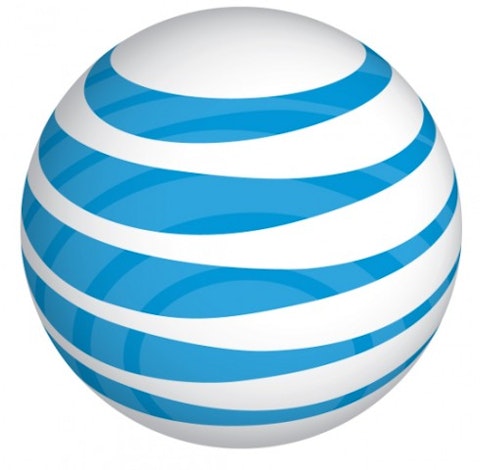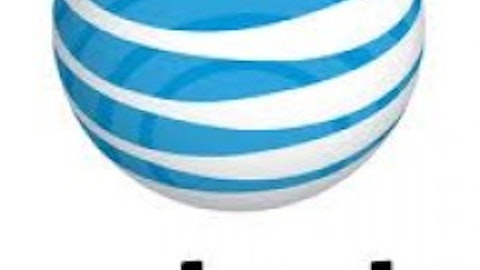A mobile virtual network operator, or MVNO, is a wireless communications services provider that does not own the radio spectrum or wireless network infrastructure. Instead, MVNOs sign an agreement with a mobile network operator, or MNO, to obtain bulk access to its network’s services at wholesale rates, then resell the services. MVNOs need to focus on marketing and sales while providing customer service and billing support systems.
Why go for MVNO?
The MVNO model offers a few advantages. Some regulators believe that the MVNO model would be a time efficient and cost effective route for telecom companies to enter the market and increase the competition to maximize the consumer benefit.
The MVNO can offer customization and more choices for its products for a distinct segment of the market, thus allowing an MNO to target a wider demographic while better utilizing its network. However, an MVNO maintains its own operation and all agreements are between the customer and the MVNO.
MVNO landscape in the United States
While MVNOs usually provide cheaper rates and easier switching for customers, each MVNO provides different offering based on its agreement with its mobile network operator.
There are a few popular examples of MVNOs in the United States, such as Page Plus Wireless (using Verizon Communications Inc. (NYSE:VZ)’s network), H2o Wireless and Net10 (using AT&T Inc. (NYSE:T)’s network), PrepaYd wireless (using Sprint Nextel Corporation (NYSE:S)’s network), and Simple Mobile (using T MOBILE US INC (NYSE:TMUS)’s network).
However, certain dominant, leading mobile network operators, such as AT&T Inc. (NYSE:T) and Verizon Communications Inc. (NYSE:VZ) Wireless, may not be as friendly as others while trying to protect its network. Verizon Communications Inc. (NYSE:VZ) currently only provides its MVNOs access to its nationwide 3G cellular network, not its 4G LTE network. AT&T Inc. (NYSE:T) had been more protective of its network and had put restrictions on handsets for its MVNOs. On the other hand, Sprint Nextel Corporation (NYSE:S) has a long history of supporting MVNOs, and continues to open its network for wholesale partners and consequently has landed a lot of partners.
What now?
With the recent U.S. Federal Communications Commission’s approval of Softbank Corp (TYO:9984)’s $21.6 billion acquisition of Sprint Nextel Corporation (NYSE:S), the last hurdle for this deal was cleared. This decision will help clear the way for Sprint to take full control of Clearwire Corporation (NASDAQ:CLWR), a spectrum-rich wireless broadband provider. The FCC stated, “The increased investment in Sprint Nextel Corporation (NYSE:S)’s and Clearwire’s networks is likely to accelerate deployment of mobile broadband services and enhance competition in the mobile marketplace, promoting customer choice, innovation and lower prices.”
With boosted capital investment and a friendly MVNO strategy, Sprint Nextel Corporation (NYSE:S) and Clearwire Corporation (NASDAQ:CLWR) are expected to upscale its MVNO offering while trying to catch up with AT&T Inc. (NYSE:T) and Verizon Communications Inc. (NYSE:VZ) Wireless. Earlier in March, Sprint introduced the Bring Your Own Sprint Device (BYOSD) program, allowing customers to reuse or recycle idle mobile devices in the United States while helping MVNOs offset the phone subsidy burden.






